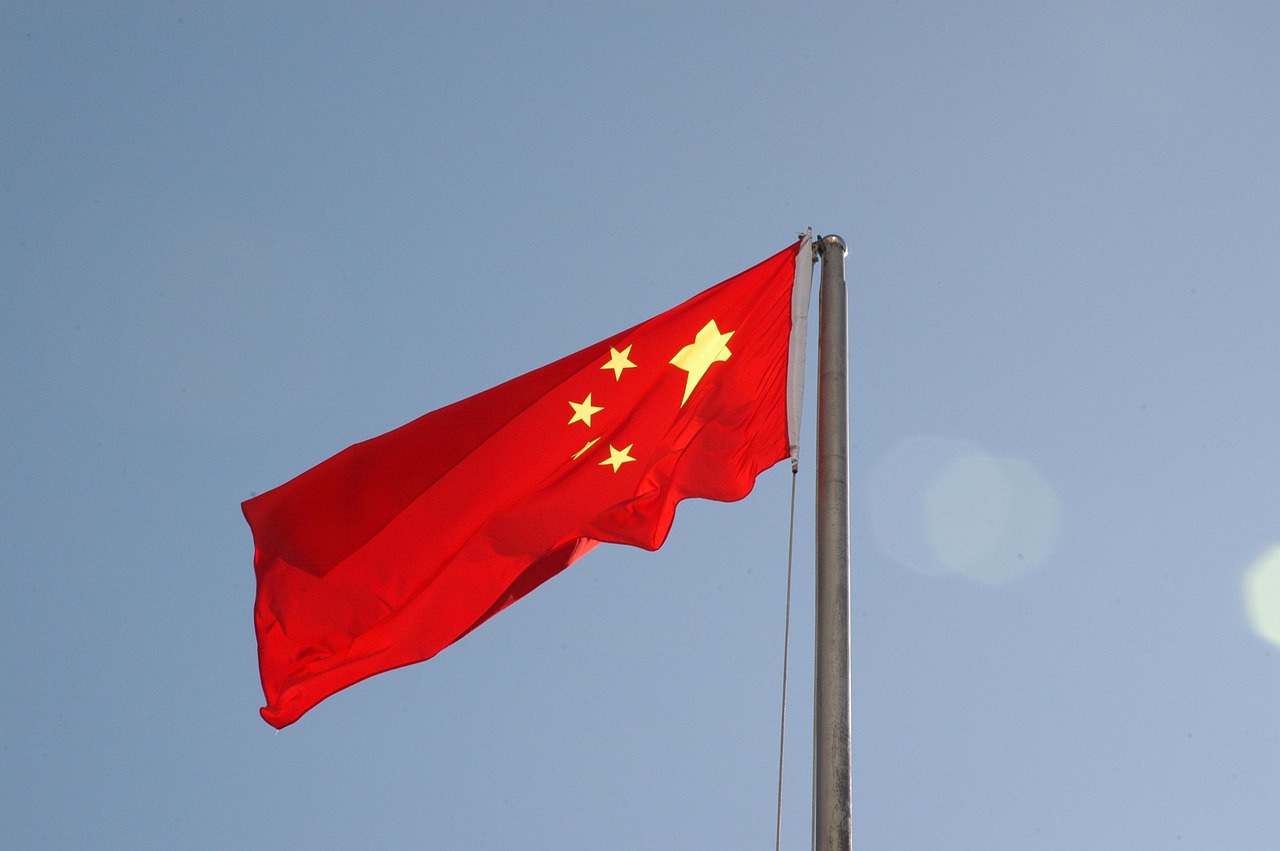November 19th marks International Men's Day, focusing on men’s health and wellbeing, celebrating positive male role models and highlighting the value men bring to the world. In today’s digital era, the conversation around health is increasingly intertwined with technology, specifically, the rise of wearable devices.
From smartwatches that track heart rate variability to biometric rings that monitor sleep cycles, many men are leveraging these tools to take proactive control of their fitness and wellbeing. However, this powerful shift towards digital wellness brings with it a critical responsibility to understand and safeguard the immense volume of sensitive, high-risk personal data being collected.
Expanding digital footprints and regulatory considerations
Wearable technology has evolved from simple step counters into sophisticated biometric data collectors. Devices like the Oura Ring, Apple Watch, and various fitness trackers capture continuous streams of intimate personal data, including heart rate, stress levels, daily activity, and even location. This constant collection builds a detailed digital profile of the user's biological and behavioural patterns.
While data-driven insight empowers users and fuels innovation in medicine, it also introduces significant privacy risks. This vast trove of data is processed in real time, often across third-party platforms and cloud services. Too frequently, this happens without the user’s full knowledge or explicit, informed consent.
The sensitive nature of the data collected by wearables demands the highest level of protection. The core challenge is transparency, particularly relating to the following critical questions:
-
Are consumers truly aware of who is receiving their data? (e.g., app developers, advertisers, analytics firms)
-
Are the consent mechanisms, data retention policies, and cross-border data transfers clearly explained in easily digestible language, or are they obscured in unreadable fine print?
Wearables highlight the rapidly expanding scope of data protection across global frameworks, including the California Consumer Privacy Act (CCPA), Japan’s Act on the Protection of Personal Information (APPI), and India’s Digital Personal Data Protection (DPDP) Act. These laws impose stringent requirements on tech companies, compelling them to treat wearable ecosystems as high-risk processing environments.
Key regulatory considerations for every technology provider include:
-
Lawful basis & explicit consent: ensuring a clear, unambiguous legal basis grounded in law for processing, especially for sensitive biometric data
-
Data minimisation: collecting only the data strictly necessary for the stated purpose
-
Data Protection by Design (DPbD): integrating privacy safeguards into the technology architecture from the initial design phase
-
Security & accountability: implementing robust technical and organisational measures to prevent breaches and ensuring clear lines of responsibility
The value of the Data Protection Officer (DPO)
For data protection to move beyond mere compliance and become a competitive advantage, organisations need expert guidance. This is where the Data Protection Officer (DPO) or a dedicated privacy team becomes indispensable. The DPO's role is critical in mitigating the unique risks associated with wearables, including:
-
Overseeing Data Protection Impact Assessments (DPIAs) to evaluate risks linked to biometric and geolocation tracking before deployment
-
Auditing and redesigning consent interfaces to ensure they are accessible, granular, and allow users to retain true control over their information
-
Vetting and managing the data governance of all downstream processors (cloud providers, advertisers, etc.) to ensure contractual safeguards are in place
-
Establishing frictionless processes for users to exercise their data subject rights (to access, rectify, or erase personal information)
Balancing wellness and digital responsibility
Trust in technology must be earned through responsible data stewardship. On International Men’s Day, as we encourage men to prioritise their health and wellbeing, it is equally vital to promote digital literacy and privacy awareness.
At HewardMills, we support organisations in maintaining resilient, compliant privacy programmes throughout every stage of their operations. Our team of multi-disciplinary professionals specialises in designing and managing governance frameworks for high-risk processing environments, including global wearable and biometric ecosystems. If your organisation needs expert DPO support to navigate the complex regulatory landscape of health and biometric data, get in touch with us today.






